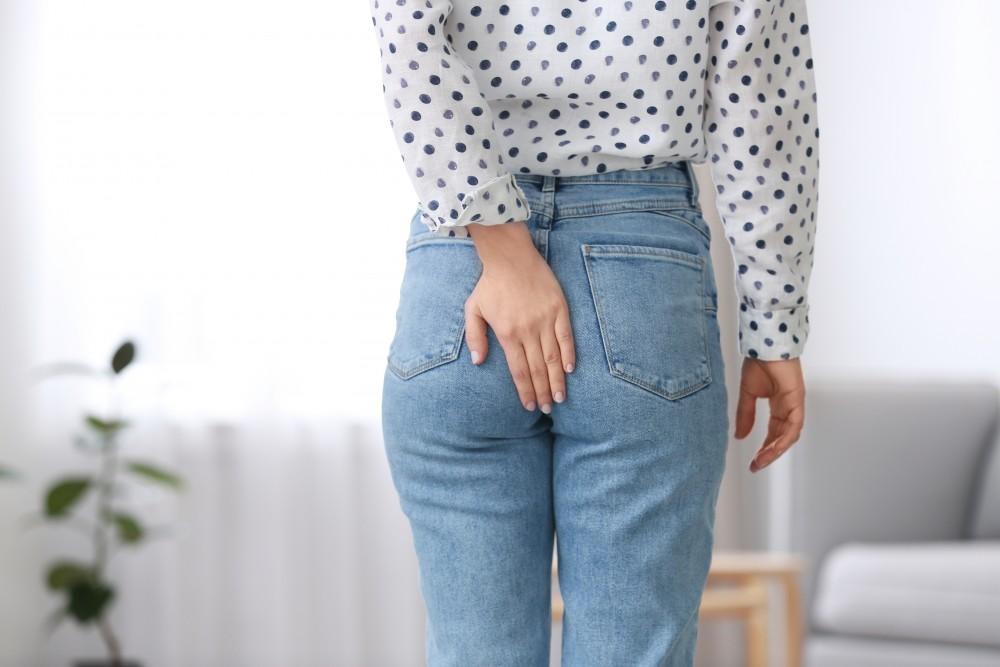What is Hemorrhoid Piercing?
Hemorrhoids are swollen veins located in the lower rectum or anus. Hemorrhoid piercing, although not a standard medical term, could imply the severe pain and discomfort associated with the condition. Hemorrhoids can be internal or external, and in some cases, they can cause significant discomfort, bleeding, and itching.
Symptoms and Causes of Hemorrhoids
Hemorrhoids are caused by increased pressure in the lower rectum, leading to swelling and inflammation of the veins. Some common causes include:
- Straining during bowel movements: This is often due to constipation or diarrhea.
- Sitting for long periods: Particularly on the toilet.
- Pregnancy: The weight of the fetus can increase pressure on the veins.
- Obesity: Excess weight can put extra pressure on the veins.
- Low-fiber diet: Lack of fiber can lead to straining during bowel movements.
The symptoms of hemorrhoids can vary depending on their location:
- Internal hemorrhoids: These are located inside the rectum and are usually painless but can cause bleeding.
- External hemorrhoids: These are under the skin around the anus and can cause pain, swelling, and irritation.
- Thrombosed hemorrhoids: These occur when blood pools in an external hemorrhoid, forming a clot and causing severe pain, swelling, inflammation, and a hard lump near the anus.
Diagnosing Hemorrhoids
Diagnosis of hemorrhoids typically involves a physical examination and a review of the patient’s medical history. In some cases, additional tests such as a digital rectal exam, anoscopy, may be performed to rule out other conditions.
Treatment Options for Hemorrhoids
There are several treatments available for hemorrhoids, ranging from home remedies to medical procedures. The choice of treatment depends on the severity of the condition and the symptoms experienced.
Home Remedies
- High-fiber diet: Incorporating more fruits, vegetables, and whole grains can help soften stools and reduce straining.
- Hydration: Drinking plenty of water can help keep stools soft.
- Warm baths: Sitting in a warm bath for 10-15 minutes can help reduce swelling and discomfort.
- Topical treatments: Over-the-counter creams and ointments can provide temporary relief from pain and itching.
- Cold compresses: Applying ice packs to the affected area can reduce swelling.
Medical Treatments
- Rubber band ligation: This procedure involves placing a small rubber band around the base of an internal hemorrhoid to cut off its blood supply, causing it to wither and fall off.
- Sclerotherapy: A chemical solution is injected into the hemorrhoid, causing it to shrink.
- Infrared coagulation: A special device is used to burn the hemorrhoidal tissue.
- Hemorrhoidectomy: Surgical removal of severe or persistent hemorrhoids.
- Stapled hemorrhoidopexy: A procedure that uses a special stapling device to remove a portion of the hemorrhoid and pull the remaining tissue back into place.
Prevention of Hemorrhoids
Preventing hemorrhoids involves adopting healthy lifestyle habits to reduce the risk factors associated with the condition. Some preventive measures include:
- Dietary changes: Eating a high-fiber diet to keep stools soft and regular.
- Hydration: Drinking plenty of fluids to prevent constipation.
- Regular exercise: Physical activity helps regulate bowel movements.
- Avoiding straining: Avoiding excessive straining during bowel movements.
- Healthy bathroom habits: Going to the bathroom as soon as the urge arises and not sitting on the toilet for prolonged periods.
When to Seek Medical Attention
If you have hemorrhoids, you should see a doctor if home treatments don't work. It's important to seek medical attention for hemorrhoids if they are not improving with home remedies. Lifestyle changes are also important for managing hemorrhoids.
- Bleeding persists: Especially if you notice a significant amount of blood.
- Severe pain: If you experience severe pain or discomfort that doesn’t improve with home treatments.
- Lump formation: If a painful lump forms near the anus.
- Changes in bowel habits: If you experience significant changes in bowel habits or stool consistency.
Understanding the Impact of Hemorrhoids
Hemorrhoids can significantly impact an individual’s quality of life. The pain, discomfort, and embarrassment associated with the condition can lead to stress and anxiety. It's important to address these issues and seek appropriate treatment to improve your overall well-being.
Myths and Misconceptions about Hemorrhoids
There are several myths and misconceptions surrounding hemorrhoids that can lead to confusion and misinformation. Some common myths include:
- Only older adults get hemorrhoids: While hemorrhoids are more common in older adults, they can affect individuals of all ages.
- Spicy foods cause hemorrhoids: While spicy foods can irritate hemorrhoids, they are not a direct cause of the condition.
- Hemorrhoids always require surgery: Many cases of hemorrhoids can be managed with conservative treatments and lifestyle changes.
Hemorrhoid Piercing: Fact or Fiction?
The term "hemorrhoid piercing" might be a misnomer or a colloquial expression for the intense pain and discomfort that can be associated with hemorrhoids. It's important to clarify that piercing, as a medical procedure, is not a recognized treatment for hemorrhoids. If you come across this term, it's essential to seek accurate information and consult healthcare professionals for proper diagnosis and treatment.
Final Thoughts
Understanding hemorrhoids and their causes, symptoms, and treatments is crucial for managing this common condition effectively. To feel better and live better, try to be healthy, see a doctor when needed, and learn about your condition. This can help you feel more comfortable and improve your life. If you think you have hemorrhoids or have ongoing symptoms, see a healthcare professional for a diagnosis and treatment.

